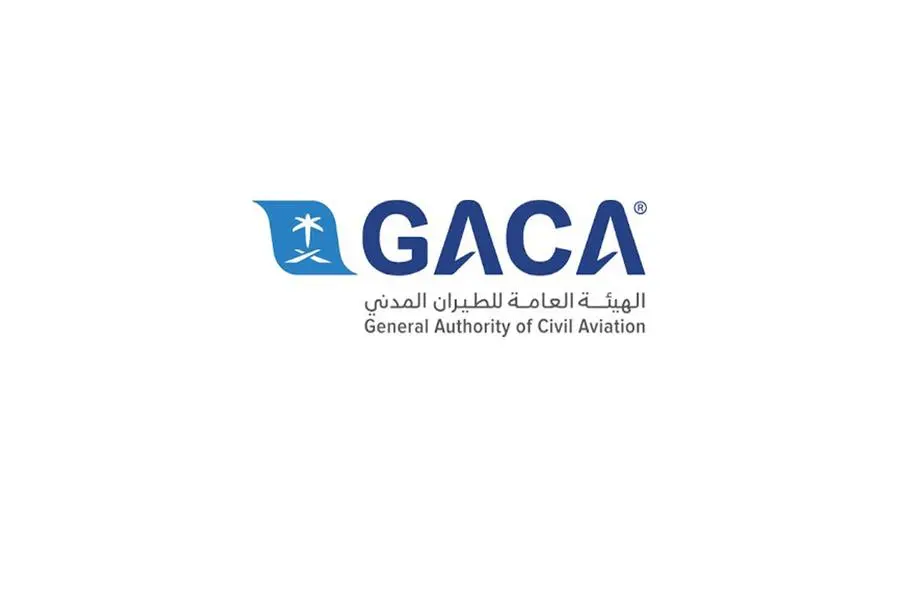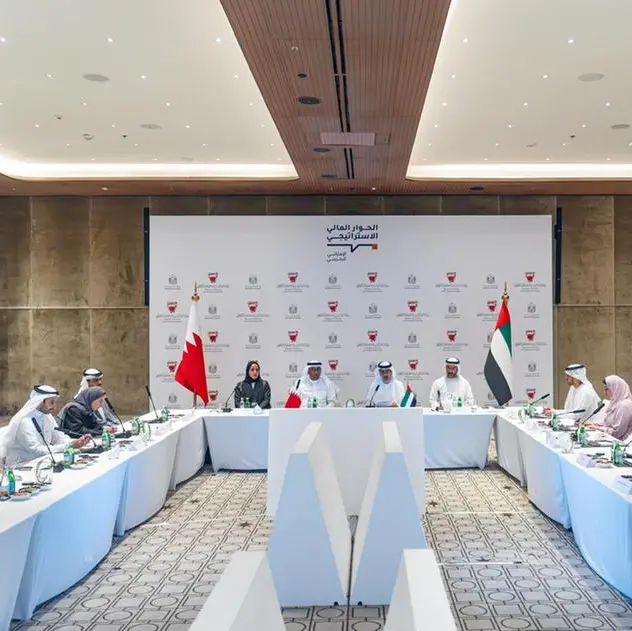PHOTO
Riyadh: More than 300 people from 30 countries have taken part in a side event designed to attract and develop young people into the aviation sector on the sidelines of the United Nations Future Action Days.
The Youth Empowerment and Development in the Civil Aviation Sector event was hosted by the General Authority of Civil Aviation (GACA) of Saudi Arabia, in collaboration with the International Air Transport Association (IATA) and the International Civil Aviation Organization (ICAO).
GACA’s leadership of the event provided an opportunity to showcase Saudi Arabia’s efforts to empower youth, in line with Vision 2030, and to demonstrate the authority’s role in equipping younger people with the necessary skills and training to contribute to the civil aviation sector.
The event featured an opening speech by His Excellency Abdulaziz Al-Duailej, the President of GACA, which addressed the role of youth in the future of civil aviation in the context of the rapid transformation faced by the aviation industry.
In his speech, His Excellency the President of GACA said:
“We are looking at a future where an estimated 284,000 new pilots will be needed over the next decade, alongside an equally pressing demand for maintenance professionals.
“Here in Saudi Arabia, Vision 2030 forecasts an expansion in aviation-related jobs – a nearly 300% growth from today’s numbers, with 279,000 direct jobs by 2030.
“With more than 60% of Saudi Arabia’s population under 30, Vision 2030 places a great emphasis on youth development, and aviation is one of the key sectors where we are investing heavily in education, training, and professional development.”
The event also included panel discussions and interactive sessions with representatives from ICAO and IATA.
The first panel, titled “Best Practices in Youth Engagement and Leadership Development” examined key strategies for empowering the next generation of leaders in aviation, while the second panel titled “Human Capital Development through Academia in Aviation” focused on aligning education with industry needs and integrating real-world challenges into academic programs.
Finally, a fireside chat was held on “Youth Perspectives in Shaping the Future of Civil Aviation” which provided the opportunity to hear directly from the youth and fostered a rich exchange of ideas to explore innovative approaches to youth empowerment.
The successful event demonstrated the importance of international cooperation in addressing the challenges of human capital in the aviation sector and paved the way for further discussion between key industry representatives.
This event aimed to set the scene and create preliminary opportunities for engagement in the aviation industry before the United Nations Future Action Days Summit, to be held on September 22-23.
-Ends-
About the Saudi Aviation Strategy and General Authority for Civil Aviation (GACA):
The Saudi Aviation Strategy is transforming the entire Saudi aviation ecosystem to become the number one aviation sector in the Middle East by 2030, enabled by Vision 2030 and in line with the Kingdom’s National Transport and Logistics Strategy.
The Strategy is unlocking US$100 billion in private and government investment across the Kingdom’s airports, airlines, and aviation support services. The Strategy will extend Saudi Arabia’s connectivity across 29 airports, triple annual passenger traffic, establish two global long-haul connecting hubs, and increase air cargo capacity.
The Saudi Aviation Strategy is led by the Kingdom’s aviation regulator, the General Authority for Civil Aviation (GACA). GACA’s regulatory mission is to develop the air transport industry in accordance with the latest international standards, strengthen the position of the Kingdom as a globally influential player in civil aviation, and enforce the relevant rules, regulations, and procedures to ensure air transport safety and security, and sustainability.




















